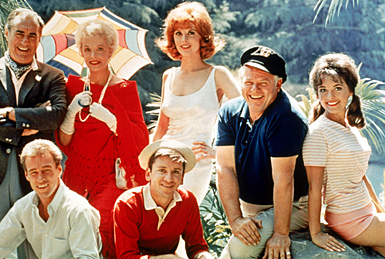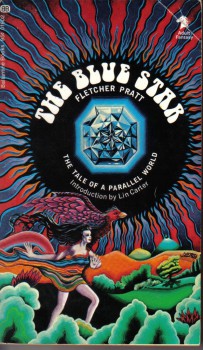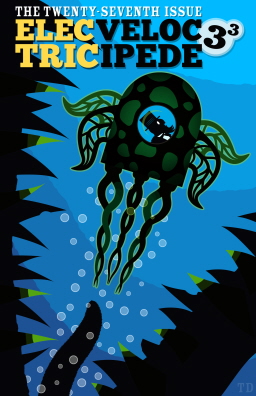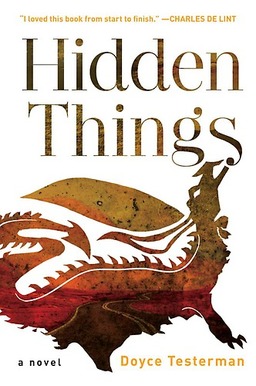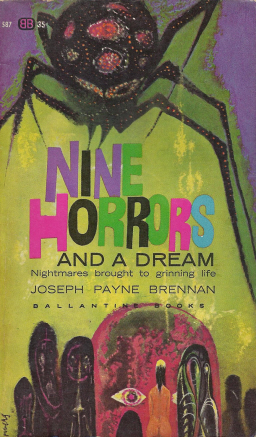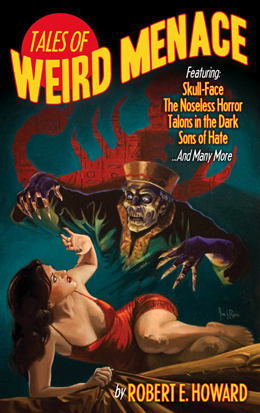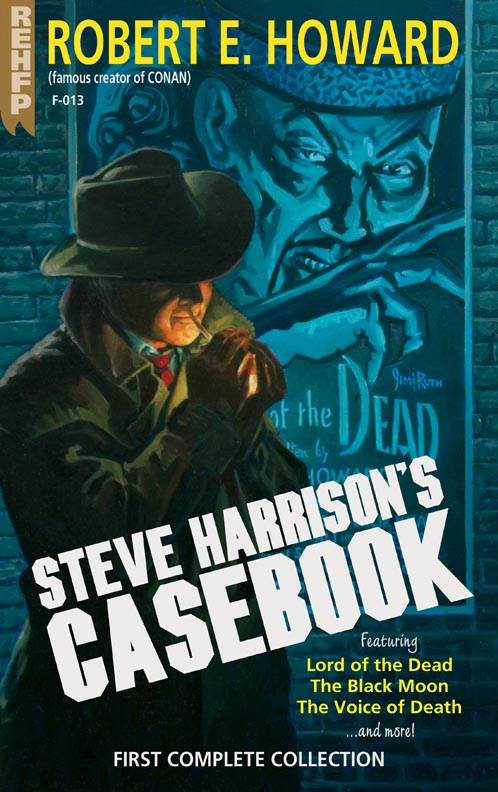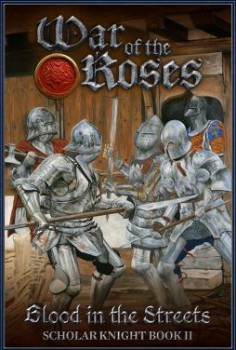The Man Who Was Gilbert Keith Chesterton
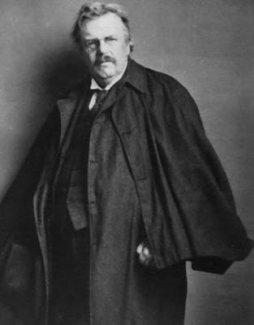 Last week, in a post about Neil Gaiman’s Sandman, I said that certain habits of Gaiman’s plotting reminded me of G.K. Chesterton. It seemed to me that I’d referred to Chesterton fairly often in my posts here, so I did a search of the Black Gate archive. I found that I had in fact mentioned Chesterton a number of times, but that neither I nor anyone else had yet written a post for Black Gate specifically about him or any of his works. I’ve therefore put together this piece to give an overview of the man and his writing. It’s insufficient; Chesterton’s difficult to describe, more so than most writers. But one has to begin somewhere. He’s an important early fantasist, admired by figures as diverse as Gaiman, Borges, Alberto Manguel, and Slavoj Žižek. There’s even a movement to canonise Chesterton, a late convert to Catholicism, as a saint. Many of his writings are online, so you can judge him for yourself; you can find a list of texts on this page, a part of this site dedicated to Chesterton.
Last week, in a post about Neil Gaiman’s Sandman, I said that certain habits of Gaiman’s plotting reminded me of G.K. Chesterton. It seemed to me that I’d referred to Chesterton fairly often in my posts here, so I did a search of the Black Gate archive. I found that I had in fact mentioned Chesterton a number of times, but that neither I nor anyone else had yet written a post for Black Gate specifically about him or any of his works. I’ve therefore put together this piece to give an overview of the man and his writing. It’s insufficient; Chesterton’s difficult to describe, more so than most writers. But one has to begin somewhere. He’s an important early fantasist, admired by figures as diverse as Gaiman, Borges, Alberto Manguel, and Slavoj Žižek. There’s even a movement to canonise Chesterton, a late convert to Catholicism, as a saint. Many of his writings are online, so you can judge him for yourself; you can find a list of texts on this page, a part of this site dedicated to Chesterton.
It’s almost traditional to say that Chesterton’s writing was defined by paradoxes. It’s not entirely accurate, I think. It’s more precise to say that in both his fiction and non-fiction he often put forward propositions structured something like: “It is frequently said that x is the case; but it is not true. In fact the very opposite is true.” From which point Chesterton would then explain, clearly, simply, and with a common-sense air, just how the opposite of everyone’s assumption was the actual state of affairs. In feeble imitation, I might put it this way: it is not true that Chesterton was a writer who delighted in paradoxes. In fact the very opposite is true. He was a writer that delighted in showing that apparent paradoxes were nothing of the sort, and were easily explained by an appeal to reality. We must not forget that Chesterton studied as an artist; and artists, perhaps more than any other sort of person, are concerned with finding the proper perspective on things.
